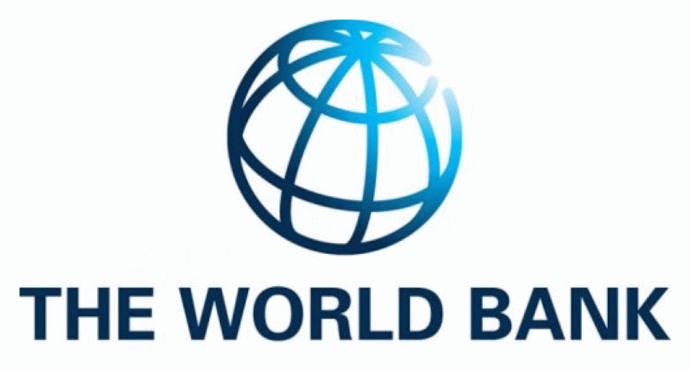
The World Bank has granted a $2.25 billion loan to Nigeria to bolster the country’s revenue and support economic reforms aimed at addressing the severe cost-of-living crisis, the worst in the nation’s history. This financial assistance seeks to stabilize the economy and mitigate the hardships faced by the Nigerian people.
On Thursday, the World Bank released a statement announcing that a significant portion of the $1.5 billion loan will be utilized to safeguard the well-being of millions of Nigerians who have been struggling with increasing poverty since President Bola Tinubu assumed office a year ago.
The loan aims to alleviate the economic hardships exacerbated by the President’s stringent measures to revitalize the country’s struggling economy.
The World Bank said the additional $750 million will be allocated to support comprehensive tax reforms, enhance revenue generation, and protect oil revenues that are at risk due to diminished production resulting from persistent theft and vandalism. This portion of the loan aims to strengthen Nigeria’s fiscal foundation and ensure the stability of its oil sector.
READ ALSO:
Kenya’s Economic Growth to Remain Strong in 2024 – World Bank
i’SUPPLY Secures Pre-Series A Funding to Expand Pharmaceutical Platform
Court Drops Tax Evasion Charges Against Binance Executives in Nigeria
President Tinubu’s economic reforms, including the removal of fuel subsidies and unification of exchange rates, have led to a significant surge in inflation, reaching a 28-year-high. As citizens and workers protest the resulting hardships, the government has sought a loan to support its long-term economic plans.
Additionally, the government is implementing measures to attract increased foreign investment, which has seen a decline of 26.7% from $5.3 billion in 2022 to $3.9 billion in 2023, according to the Nigerian Economic Summit Group.
The World Bank has thrown its weight behind President Tinubu’s economic reforms, stressing the need to sustain the momentum of these efforts. Ousmane Diagana, World Bank Vice President for Western and Central Africa, praised the government’s policies, stating that they have charted a new course for Nigeria, one that promises to stabilize the economy and lift millions out of poverty.
Nigeria’s debt burden has become increasingly unsustainable, with a staggering 1,000% increase in public debt over the past decade. This alarming trend is largely attributed to the government’s heavy reliance on borrowings to fund public infrastructure and social welfare programs, which has significantly limited its ability to allocate funds from its revenue, thereby threatening the country’s fiscal stability.


1 Comment
Pingback: Niger's Supreme Court Removes Immunity of Ousted President Mohamed Bazoum - Mbamali